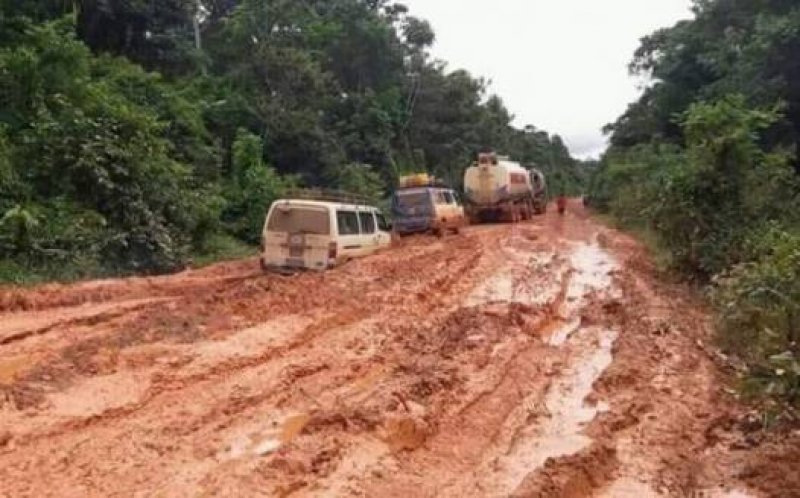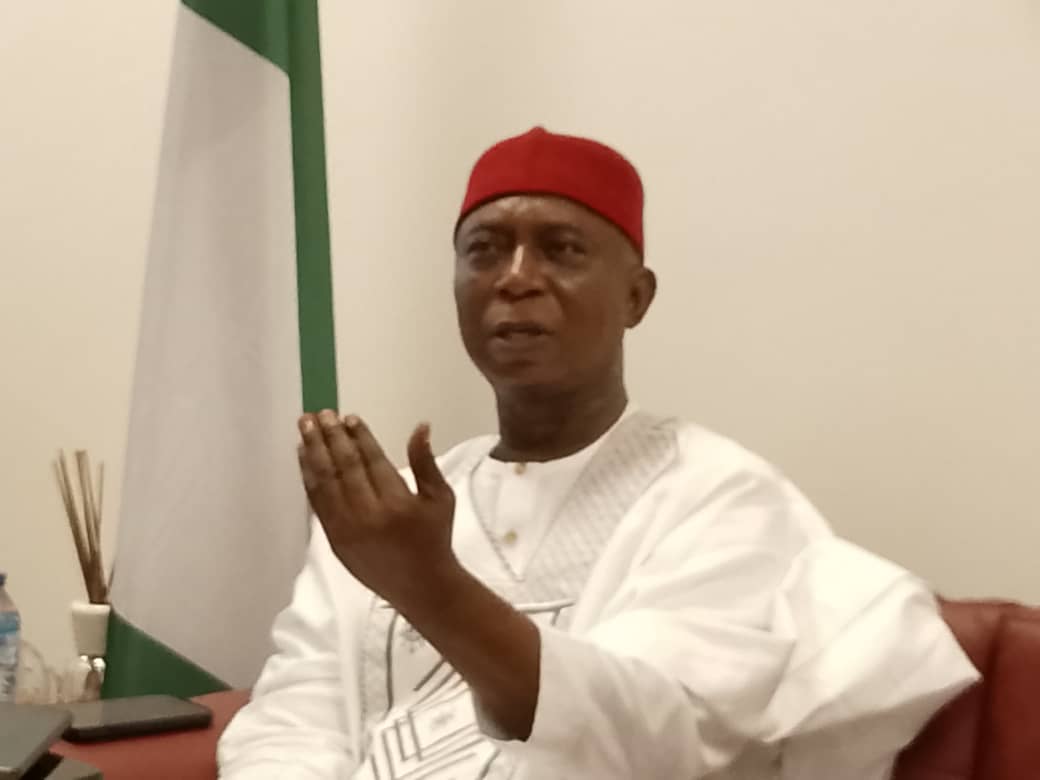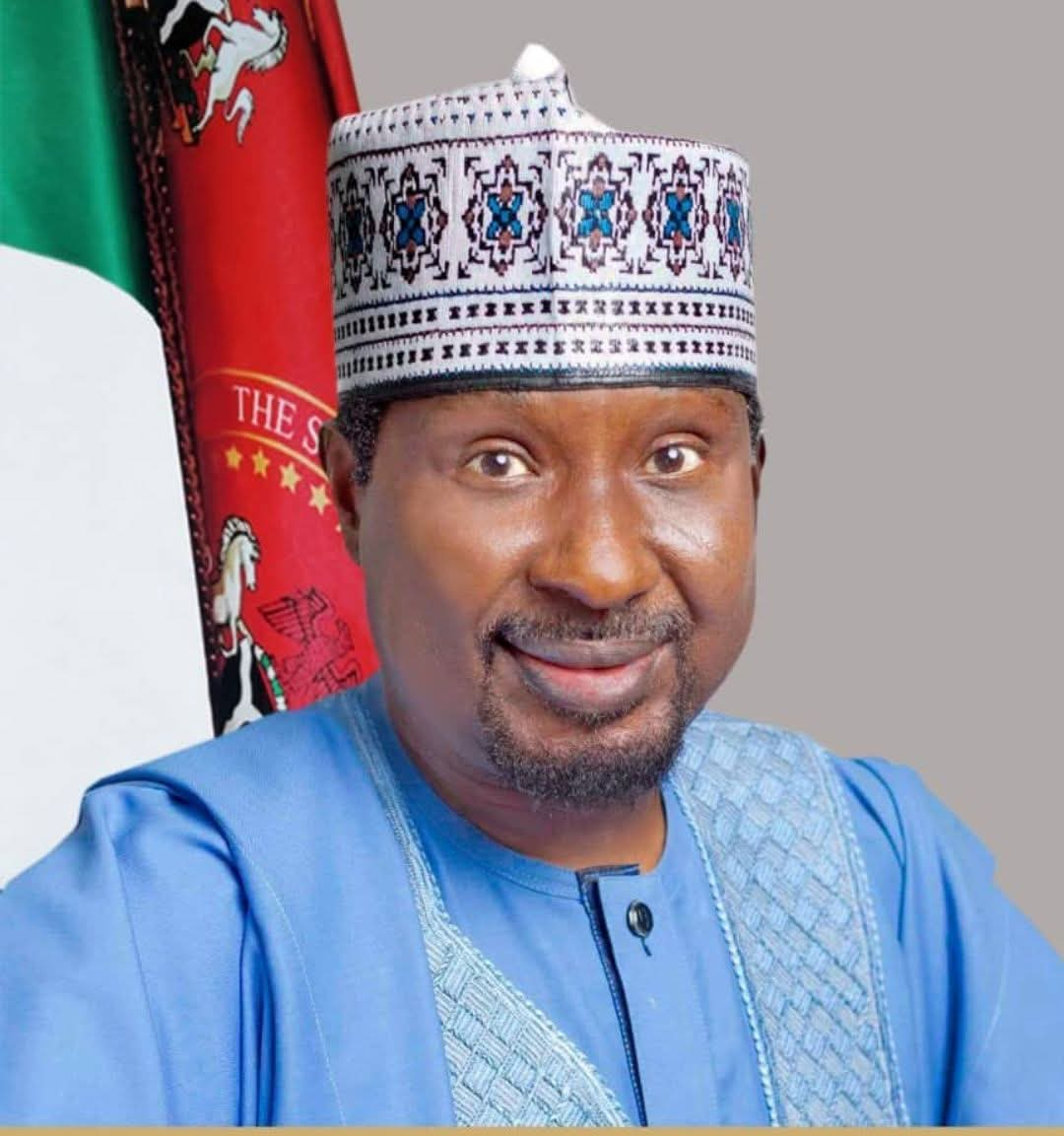Nigeria’s Senate to Showcase Agricultural Innovations at COP30, Drives for Green Colleges
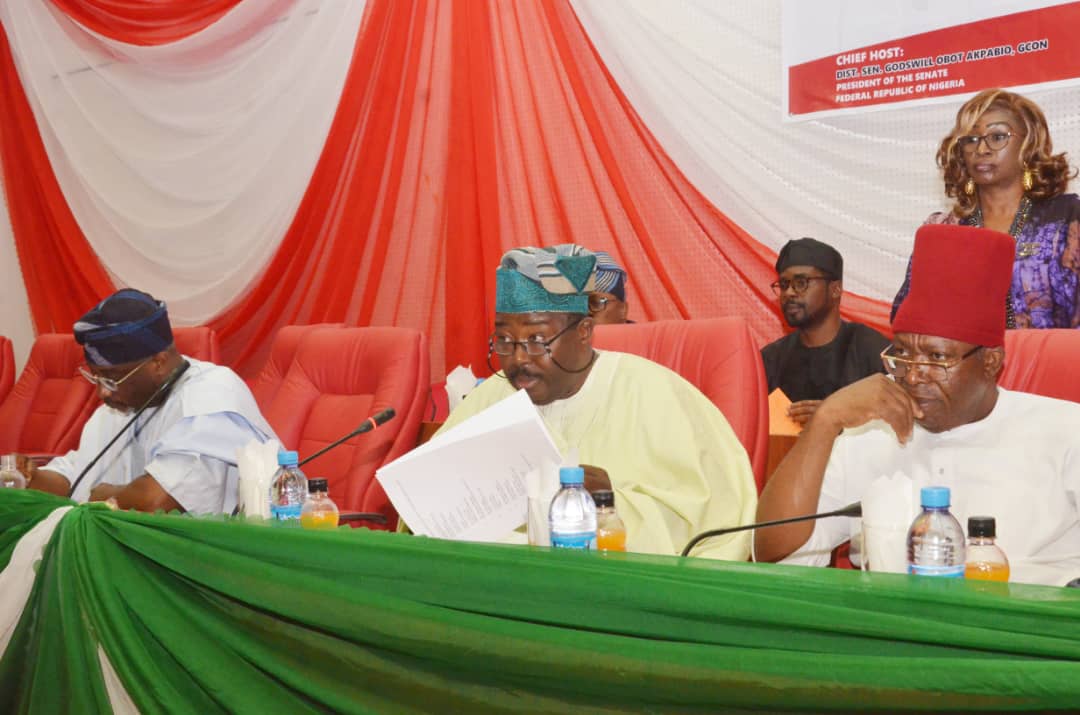
By Fatima Saka
The Nigerian Senate has reaffirmed its commitment to transforming agricultural education through bold legislative reforms, global partnerships, and climate-resilient innovations.
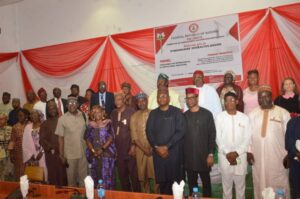
This was the crux of the address delivered by Senator Sharafadeen Abiodun Alli, Chairman of the Senate Committee on Agricultural Colleges and Institutions, at a high level stakeholder interactive session on Thursday at the National Assembly Complex, Abuja.
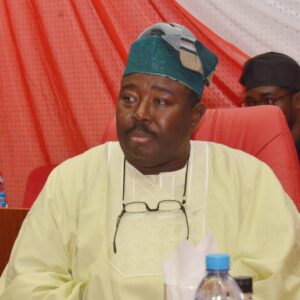
Speaking under the theme “Challenges and Opportunities in Agricultural Education,” Senator Alli emphasized that agricultural education is the backbone of Nigeria’s food security, economic diversification, and youth employment.
He said Nigeria’s agricultural colleges must be repositioned as incubators of innovation and engines of research, training, and entrepreneurship.
“This interactive session is not just another meeting,” Senator Alli declared. “It is a pivotal step towards a comprehensive agenda and work plan that includes strengthening legislation, advocating increased funding, promoting public-private partnerships, championing research and innovation, and fostering international collaborations.”
He announced that preparations are underway for the First Legislative Summit and Expo on Agricultural Colleges and Institutions, scheduled for October 2025, and a Global Benchmarking Tour of parliaments and institutions in Brazil, the EU, and others. These initiatives, he said, aim to align Nigeria’s agricultural education framework with global best practices.
In a groundbreaking development, Promise Amahah, Technical Consultant to the Senate Committee, revealed that the Nigerian Senate will lead a delegation of stakeholders from agricultural colleges and institutions to the United Nations Climate Change Conference (COP30) in Brazil.
“The objective at COP30 is to position Nigeria’s agricultural colleges as global models for climate-smart and green institutions,” Amahah said. “We will drive advocacy for climate-resilient food systems and showcase local innovations to the world.”
The Senate-led delegation will also promote the Nigerian Agricultural Colleges and Institutions Network (NACEN) and unveil a Global Benchmarking Tool in early 2026, with the aim of transforming local colleges into “future-ready institutions.”
Also, the German development agency GIZ, in collaboration with Sasakawa Africa Association, applauded the Senate’s leadership and called for the integration of agroforestry modules into agricultural college curricula. Represented by Lata Rieger, GIZ highlighted existing partnerships with Nigerian colleges to train students on rice, cassava, and Irish potato agroforestry systems.
“We are supporting innovation-driven education,” she said, urging the Senate to institutionalize these efforts nationwide.
Professor Dauda Fawa, speaking on behalf of the Sasakawa-GIZ delegation, emphasized that integrating agroforestry into agricultural education would create a more resilient and sustainable food system. “We are advocating for these programs to be embedded in Nigeria’s national agricultural education framework,” he said.
The Agricultural Research Council of Nigeria (ARCN) and various institutional heads used the occasion to passionately appeal for increased funding and support for research infrastructure, training, and extension services.
Executive Secretary of ARCN, speaking on behalf of the Council, lamented the decay in laboratories, obsolete machinery, and insufficient budget allocations.
“Our current internal budget is grossly inadequate,” he said. “We are requesting a significant increase, up to ₦50 billion, to meet our research and institutional needs and reposition Nigeria’s agricultural sector as a global force.”
READ ALSO: Senate Demands Urgent Reforms, Unity in North West Development Commission
As the session closed, Senator Alli urged all stakeholders to commit to a shared vision for agricultural transformation. “Let us co-create a future where Nigerian agricultural education is globally competitive, innovation-driven, and climate-resilient,” he said.
The event was attended by distinguished senators, agricultural educators, development partners, and private sector stakeholders. With Nigeria facing increasing food security challenges and climate change risks, the Senate’s proactive leadership signals a new era for agricultural education and national development.

